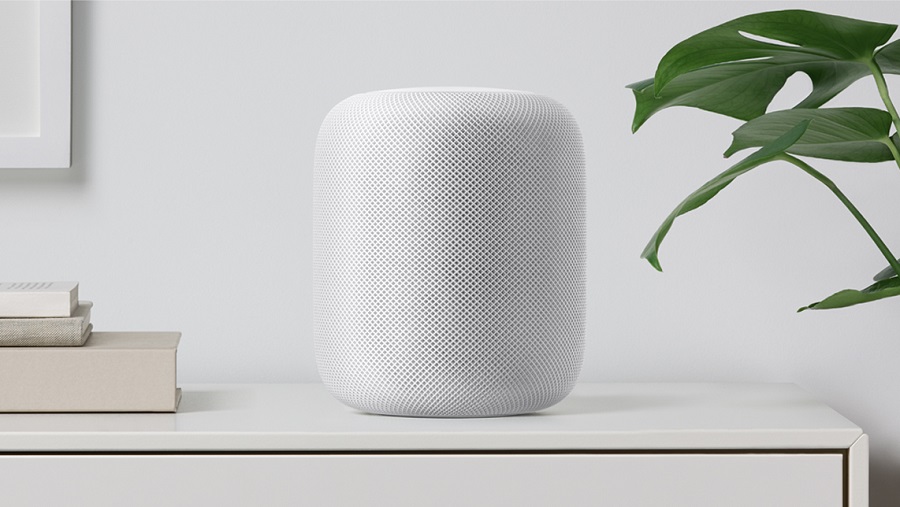Five years ago, “digital prophets” were predicting that the future would be made up of digital villages and brand mindshare. Even the more grounded technologists were predicting that by 2018, we’d all be wandering around with Google Glass instead of smartphones. One thing that no one saw coming was the smart speaker, which Amazon pioneered to be an overnight success.
Since the Echo first made smart speakers popular, nearly every other audio company has jumped on the bandwagon. Google has its Home speakers, reputable players like Sonos and Bose have their own versions, and of course, Samsung is trying to shoehorn its own digital assistant into the party.
Apple was one of the latest to launch its offering, the classicly-Apple-expensive HomePod. At the time, analysts suggested the $349 pricetag was going to make it a niche product, and according to a new report published half a year into the HomePod’s lifecycle, that’s working out to be true.
According to CIRP’s new report, Apple has a 6% marketshare in the smart speaker market in the US. For Apple, a company that’s used to being the best-seller across big categories like smartphones and wearables, that number is decidedly underwhelming.
The only glimmer of hope from CIRP’s analysis is that Apple might be dominating the more expensive speaker market. According to the report, consumers “migrated to the lowest-priced models.” That means that “for the two biggest competitors, Echo Dot accounts for over half of the Amazon Echo installed base, and Home mini is about 40% of the Google Home installed base.”
The Home Mini and Echo Dot might as well be in a different product category to the HomePod, all things considered. Both cost around $40-50, and are frequently given away with other purchases. The HomePod, on the other hand, is designed to be a great speaker first and foremost, while the Home Mini and Echo Dot are both smart assistants first, speakers very much second.
The much better question will be how the HomePod is selling compared to Sonos and Bose’s new smart speakers, or devices like the Google Home Max. There won’t be data on that for a while (if at all), but given the price difference, that’s the matchup that Apple will really be trying to win.









